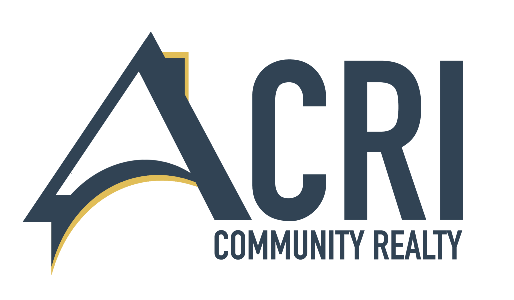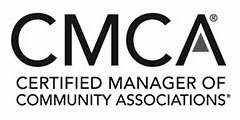The Association Board Secretary within your community association has a lot of responsibility!
The Role of the Secretary
The Secretary is responsible for preserving the association’s history, maintaining its records, and protecting it from liability.
The individual who fills this position should be efficient, well organized, and have a commitment to the future of the association.
Associations with a professional manager may ask the manager to perform some of the secretarial tasks.
The Secretary’s Role and Their Responsibility
1. Record Minutes for Association Meetings
There are many types of meetings held by an association for which minutes must be recorded.
- Board meetings
- Special meetings
- Annual meetings
- Committee meetings
2. Guidelines for Recording Minutes
- Record the association’s actions and record why they were made.
- Preserve board members’ voting.
- State the authority by which directors take a certain action and cite the documents granting that process.
- Record all matters brought before the board, whether adopted, dismissed without discussion or vote, rejected, deferred, tabled, or simply presented as information.
Remember that the association’s minutes are official records and admissible as evidence in a court of law.
3. Standardize Language Used for Recurring Functions
Certain functions occur frequently in all meetings. Recording these will be easier if the secretary develops standardized language to cover functions that occur during every meeting.
Recurring language could be used for the
- Call to order by the presiding officer
- Proof of meeting notice or waiver of meeting notice
- Presence, or lack, of a quorum
- Reading and approval of the previous meeting minutes
- Reading and acceptance of various reports
- Unfinished business
- New business Adjournment
4. Announce Meetings and Prepare Meeting Agenda
Notifying Board and association members of meetings are required by law.
How and when notice is given is typically stated in the association’s governing documents. Agendas are essential to the success not only of the meeting but of the association as well.
5. Maintain Association Records
- Store and retrieve association documents as required by declarations.
- Devise an effective filing system, and keep files safe and accessible.
- Identify and categorize all current and stored documents.
- Prepare and maintain a retention schedule for document disposal.
6. Witness and Verify Signatures
Many associations have policies to safeguard assets that require two signatures on checks or have a witness to verify signatures. Generally, this responsibility falls to the secretary.
7. Maintain Lists
The secretary is responsible for maintaining lists of all association board and committee members, officers, and members. The list must include their current mailing address and voting percentages.
8. Verify Proxies
The Secretary accepts and verifies proxies for annual or special membership meetings. They are also responsible to ensure that proxies and ballots are kept in the association’s records.
9. File Forms with State Agencies
The secretary is responsible for filing specific forms with state agencies. These might include employment forms, incorporation documents, and other official records of the association.
10. Manage Correspondence
Any agreement or coordination that occurs with the association should be directed through the Secretary.
While the President is the voice of the board, the Secretary acts as the heart of the Association Board
The position of association Secretary is vital to the success of your Association. Thankfully, every Secretary has a Board from which they can draw support.








